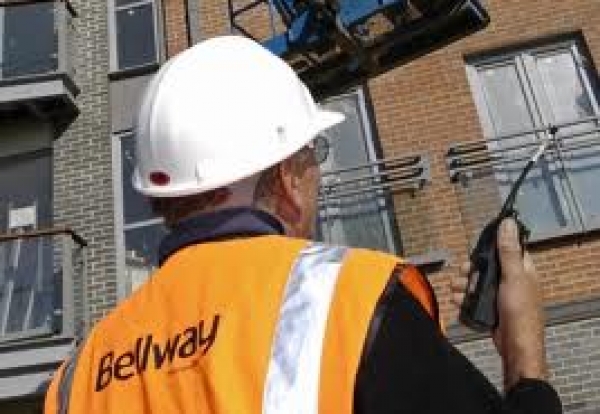The company has already spent £31m fixing the reinforced concrete frame of the block in Greenwich which was built 13 years ago.
In its year-end results to July 31 2024 today Bellway said: “The additional provision in relation to the Greenwich apartment scheme reflects increases in the estimated costs due to changes in the approach to remediation, following the completion of more intensive modelling work.
“Bellway is actively pursuing recoveries from the entities involved in the development of the Greenwich apartment scheme, primarily through their insurers, however, given the complexity of this process, these have not yet been recognised as an asset.
“The Group has undertaken a review of other buildings constructed by, or on behalf of Bellway, where the same third parties responsible for the design of the frame in the Greenwich development have been involved, and no other similar design issues with reinforced concrete frames have been identified.”
Bellway saw its total spend for legacy building provisions since 2017 hit £655m with work underway or complete on 137 buildings.
Bellway also revealed that its aborted attempt to takeover Crest Nicholson cost the company £5.4m.
The latest results show pre-tax profits fell to £183.7m from £483m last time as turnover dropped to £2.38bn from from £3.4bn as housing completions decreased to 7,654 from 10,945.
Bellway said the lower figures were front-year loaded with workloads picking-up as the year progressed and 2025 looking more promising.
Jason Honeyman, Group Chief Executive said: “Bellway has delivered another resilient performance despite the challenging operating conditions during the year.
“While a lower order book at the beginning of the financial year drove the reduction in the number of housing completions, customer demand through the second half benefitted from a moderation in mortgage interest rates which has eased affordability pressures and supported an increase in reservations.
“The combination of these improving trading conditions and our strong outlet opening programme has generated a healthy increase in the year end order book. As a result, we are well-placed to deliver a material increase in volume output in financial year 2025.”





